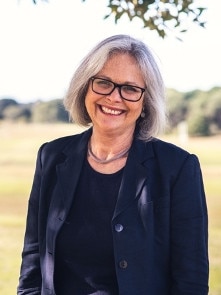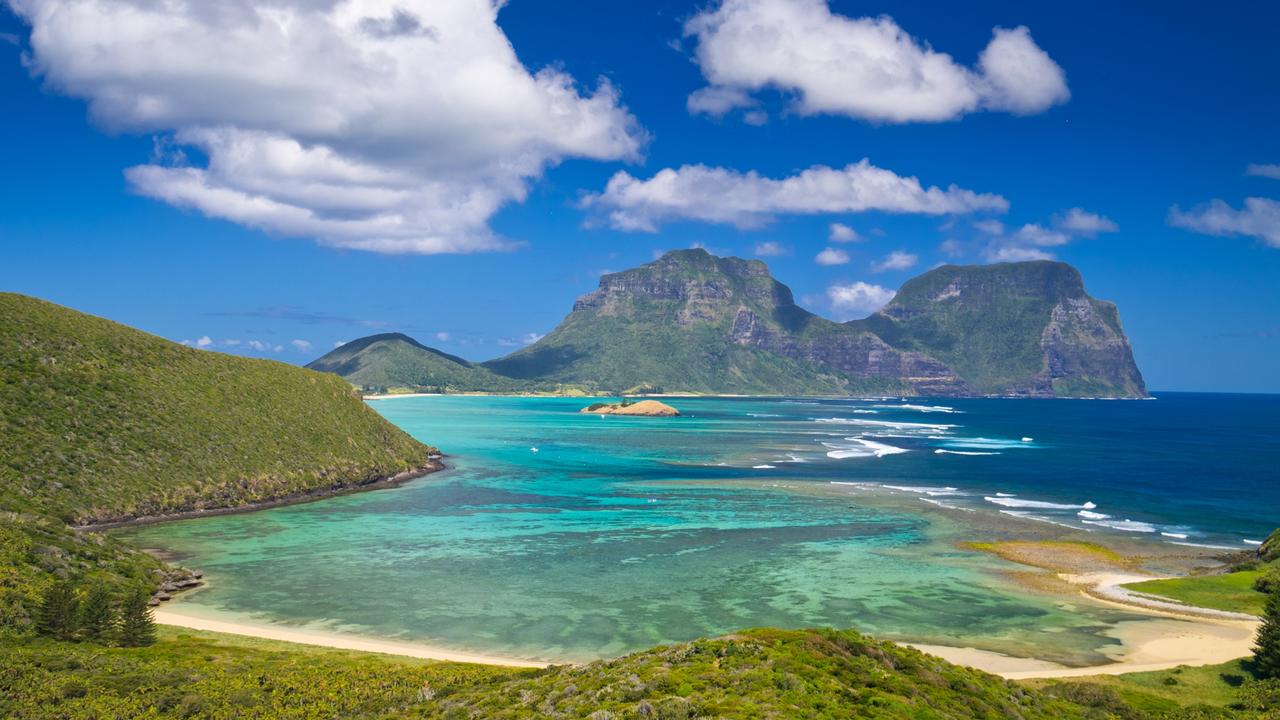Q&A: Rebecca Gilling, CEO of Planet Ark, 69
You may remember her in TV’s Return to Eden, transformed by plastic surgery into a supermodel after a croc attack. These days, Rebecca Gilling is at the helm of Planet Ark.

After 20 years working with the environmental organisation Planet Ark, how do you feel about media stories that continue to introduce you as a “former model and actress”? I did want to scrap the “former model” because it was a short-lived career and I hated every minute of it. I enjoyed my first career as an actor enormously; it gave me all sorts of opportunities, not least to build a public profile that I can put to better use.
Why did you become an actor? My first year out of high school, I had a sort of gap year and I was working as a barmaid. One of my sisters was studying drama and a friend said, “Why don’t you do some TV commercials?” I got my first TV commercial pretty much straight away: Schwarzkopf Batiste for oily hair. It was shot west of Sydney in the middle of winter while I was wandering through a graveyard full of manufactured fog and wearing the skimpiest of garments. It was freezing.

Your best known role was in Return to Eden, the 1980s TV series in which you famously had your face mauled by a crocodile and were then transformed by plastic surgery into a supermodel. How big was that series? It was huge in Finland. In Turkey there are a group of women of a certain age named Tara, after my character. I was asked by the Polish government in 1986 to visit and I was told that [then leader] General Jaruzelski was a big fan. And I was invited by the Australian Government to help celebrate Australia Day in Indonesia at a time when our relations with Indonesia were rock bottom. There were about 5000 people at the airport to meet me.
How has acting helped you in the environmental world? It’s very useful to have had a career in the public eye in order to do a job like this. I draw on my theatrical experience to create an ensemble among our staff. In any leadership role, having an understanding of performance is important, but particularly for an organisation like Planet Ark which uses the media probably more than most environmental organisations in order to get its message out.
Planet Ark’s philosophy is to be positive about the changes that need to be made to protect the environment. How easy is this for you? It’s hard internally. We’re constantly aware of eco-anxiety for our staff but more importantly for the wider community. We want to give people a sense of possibility. We know that a solution to virtually all these problems is out there; what’s missing is the will to make those changes. We’re really about motivating people to make those small changes which, when combined with other peoples’ changes, will make a significant difference.
What’s the biggest difference in the way Australians think about the environment now compared to when you joined Planet Ark 20 years ago? The most recent federal election pointed out the concerns that people are now feeling around the climate emergency. When I joined back in 2002 we tried to get some awareness going with insurance companies saying, “There is going to be a real risk to your business, there will be properties that will not be able to be insured [because of climate change]...” That really wasn’t on the radar then; people just felt it was far away and too abstract. And here we are now, right in the teeth of the storm. There’s nothing like a crisis as an opportunity.
Are you optimistic for the future? I have an optimistic temperament, which I am grateful for. I feel driven to make change.




To join the conversation, please log in. Don't have an account? Register
Join the conversation, you are commenting as Logout